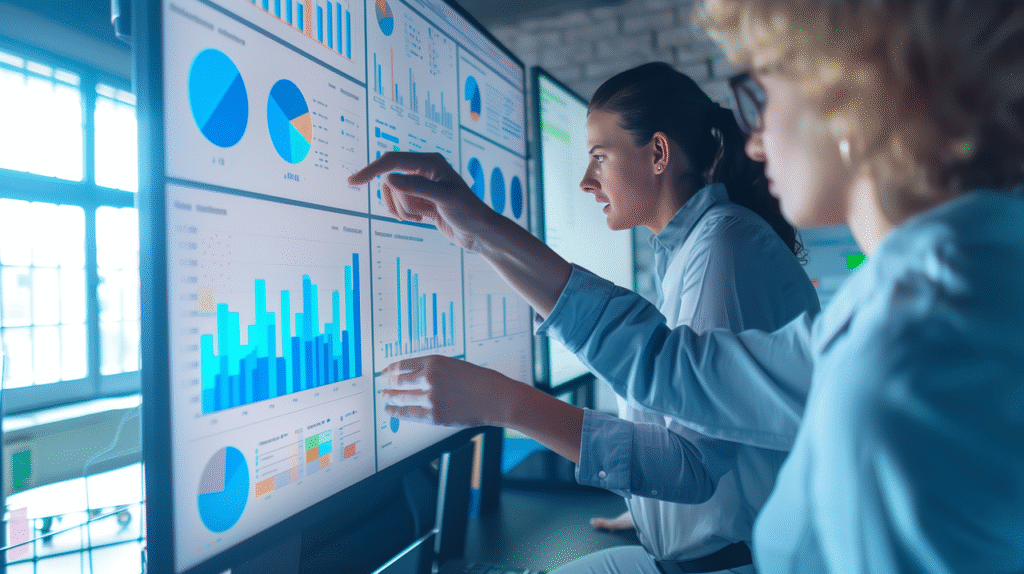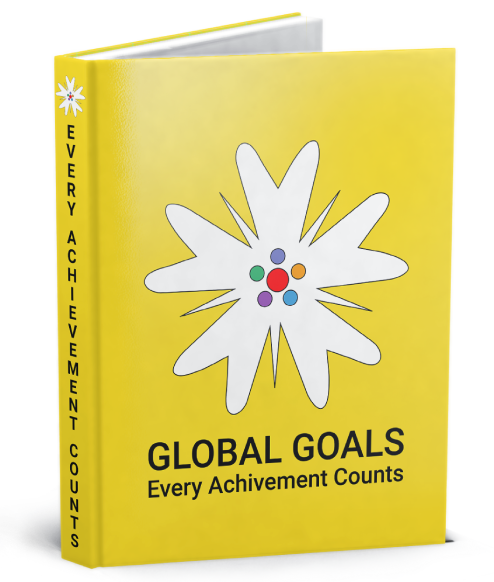Discover how AI blockchain resource management can revolutionize the way resources are distributed worldwide, ensuring fairness, transparency, and alignment with the UN’s Sustainable Development Goals.
How AI Blockchain Resource Management is Solving Global Distribution Challenges
In a world abundant with resources yet plagued by inequality, the real challenge isn’t scarcity — it’s distribution. From food waste in one part of the world to shortages in another, the problem lies in the systems that manage allocation. Enter AI blockchain resource management — a transformative approach that combines the analytical power of Artificial Intelligence with the transparency of blockchain technology.
In this post, we’ll explore how this innovation addresses resource distribution challenges, aligns with the Global Goals, and creates measurable impact across essential areas like healthcare, education, shelter, food, energy, and entertainment.
Why Distribution, Not Resources, Is the Real Problem
It’s not a lack of resources that holds humanity back — it’s inefficiency, mismanagement, and lack of transparency. While some communities have surplus food, others suffer hunger. While some regions waste electricity, others live without basic lighting.
AI blockchain resource management solves this by:
- Using AI to predict demand and optimize allocation.
- Recording every transaction on the blockchain for traceability.
- Ensuring equitable access based on data-driven decisions.
As highlighted in the book Global Goals: Every Achievement Counts, the challenge is aligning people, process, and technology for fair outcomes.
How AI Blockchain Resource Management Works
1. AI for Predictive Insights
Artificial Intelligence can process vast datasets to predict needs before they arise. For example, analyzing climate, population, and supply chain data to anticipate where medical supplies or food will be needed next.
2. Blockchain for Transparency
Blockchain creates an immutable ledger of transactions. This ensures that every unit of food, energy, or aid can be tracked from source to recipient — eliminating fraud, corruption, and “leakage” along the way.
3. Ethical Governance
Data alone is not enough. Ethical frameworks ensure that decision-making respects human dignity, privacy, and fairness.

Real-World Applications
AI-driven business system solutions streamline operations.
Healthcare Access
AI can predict disease outbreaks while blockchain ensures that vaccines and medications reach the right people without diversion.
Smart Education Tools
Resource allocation for schools — from digital devices to teacher training — can be tracked and distributed fairly, ensuring rural areas aren’t left behind. Besides, smart education data connectivity will revolutionize access to quality education, bridging the education gap, and creating opportunities for all, especially in underserved communities.
Clean Energy Distribution
AI predicts peak usage times, blockchain ensures energy credits are traded transparently, and underserved areas gain access to affordable energy.
Sustainable Buildings
Materials for sustainable housing projects can be monitored from procurement to completion, avoiding misuse and ensuring they reach targeted communities.
Tying AI Blockchain Resource Management to the Global Goals
This approach directly supports the United Nations Sustainable Development Goals (SDGs) by:
- Goal 2: Zero Hunger — reducing food waste and ensuring equitable distribution.
- Goal 3: Good Health and Well-being — improving healthcare delivery.
- Goal 7: Affordable and Clean Energy — bringing power to underserved communities.
- Goal 11: Sustainable Cities and Communities — ensuring housing projects meet the needs of all residents.
Why Businesses Should Care
Adopting AI blockchain resource management isn’t just a philanthropic move — it’s good business. Transparent systems build trust with stakeholders, while efficient distribution reduces costs and waste. In sectors like supply chain, logistics, and international aid, this can mean competitive advantage.
From Vision to Action

The vision outlined in Global Goals: Every Achievement Counts is clear — technology must serve humanity’s shared objectives. By integrating AI, blockchain, data, and ethics, we can close distribution gaps and ensure that no one is left behind.
Steps to get started:
- Audit current resource distribution systems.
- Identify gaps and inefficiencies.
- Implement AI models for forecasting.
- Use blockchain for transparent tracking.
- Monitor and adjust with real-time analytics.
Final Thoughts
The combination of AI and blockchain is more than a buzzword. AI blockchain resource management has the potential to transform how resources are distributed, ensuring fairness, efficiency, and transparency. This is not just about technology — it’s about rethinking how we define wealth and success in a world striving toward the Global Goals.